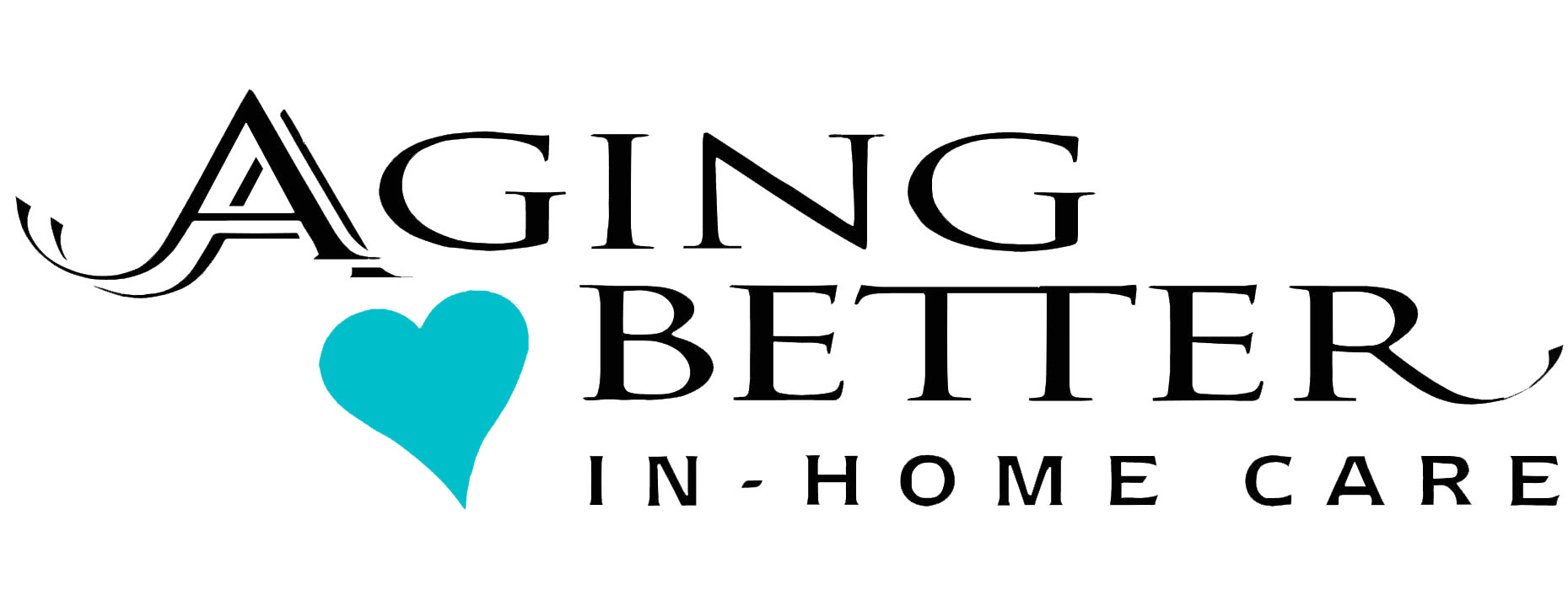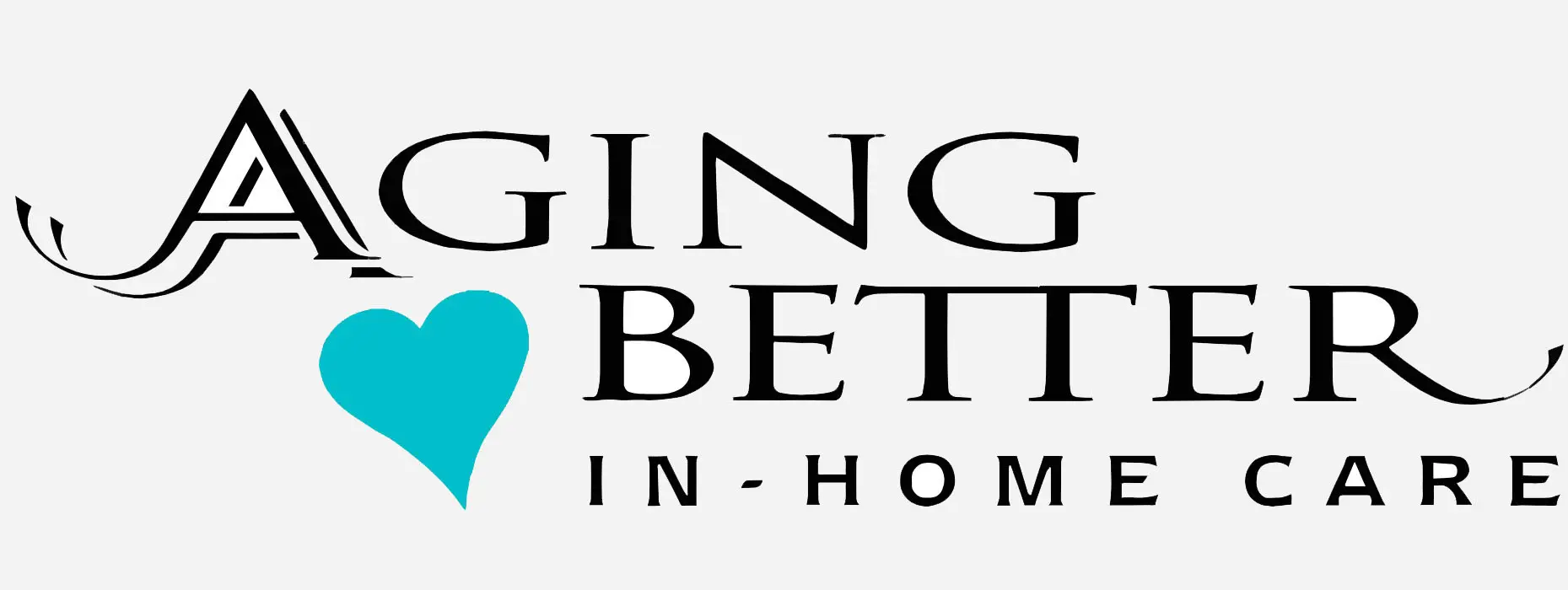Liberty Lake, Washington Post Falls, Idaho Sandpoint, Idaho
509-464-2344 208-777-0308 208-263-7889

Many adults in the U.S. take some form of daily vitamins whether it’s an all-in-one capsule, a powder or a liquid. Some may only take an extra B vitamin complex, a Vitamin C tablet or extra calcium to prevent osteoporosis. Regardless of what vitamins are taken, it may be surprising to some to find out that when we take those vitamins is as important as what we take.
Obviously, the best way to get all our vitamins is from the food we eat but there is an increasing body of research that supports the use of supplements. However, the time of day we take vitamins and minerals appears to be just as important as taking them in the first place.
One negative that should be mentioned is a recent finding by ConsumerLab.com. They found that many brands of B vitamins contained potentially toxic amounts as well as misleading labels. They recommend an all-inclusive B-complex vitamin, the Kirkland Signature Super B-Complex which provides at least 100 percent of the recommended daily value without exceeding the upper limit values. And all for a reasonable two cents per tablet.
So when and how should we take supplements?
1.) Take multivitamin and mineral combinations in the morning before breakfast. But never take a calcium-magnesium pill combination. The calcium will most likely block the absorption of the magnesium. And if you take iron supplements, avoid ferrous sulfate. Choose instead ferrous chelate or fumerate.
2.) The water-soluble vitamins (B and C, among others) should be taken in the morning, preferably without food.
3.) Fat-soluble vitamins (vitamins A, D, E and K) and the minerals iron and magnesium should be taken with food. Taking magnesium with food reduces the chances of having diarrhea and taking fat-soluble vitamins with food minimizes the chance of stomach upset.
4.) Calcium is one of the rare supplements that is best taken in the evening because it helps with muscle relaxation.
5.) Fish oil capsules (typically the omega-3 fatty acids) may slow down the absorption of other medications and nutrients. So these should be taken with dinner and avoid taking them with medications or other nutritional aids.
6.) DHEA, the “youth” hormone as some claim, is best taken in the morning since this is typically when the body has the highest natural levels of the hormone.
7.) Antioxidants, such as lipoic acid, should be taken in the mornings because it works best on an empty stomach.
8.) Digestive enzymes should be taken with the biggest meal of the day, typically dinner. But if the largest meal of the day is lunch or earlier in the afternoon, take any enzymes with that meal, as a good rule of thumb.
Taking vitamins and supplements remains a controversial topic among most medical professionals but with increasing research, for those that do take them, ensuring that we take them at the most optimal times of the day is one way of helping to ensure we stay safe and use them effectively.



